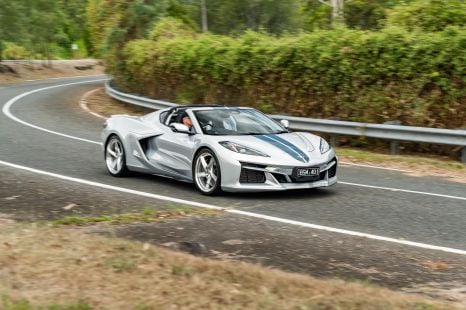

CarExpert.com.au
The CarExpert team's favourite cars of 2025
8 Hours Ago
Founded by ex-Tritium employees, EVOS has introduced a new AC charger that identifies the best time to charge your electric vehicle.

News Editor
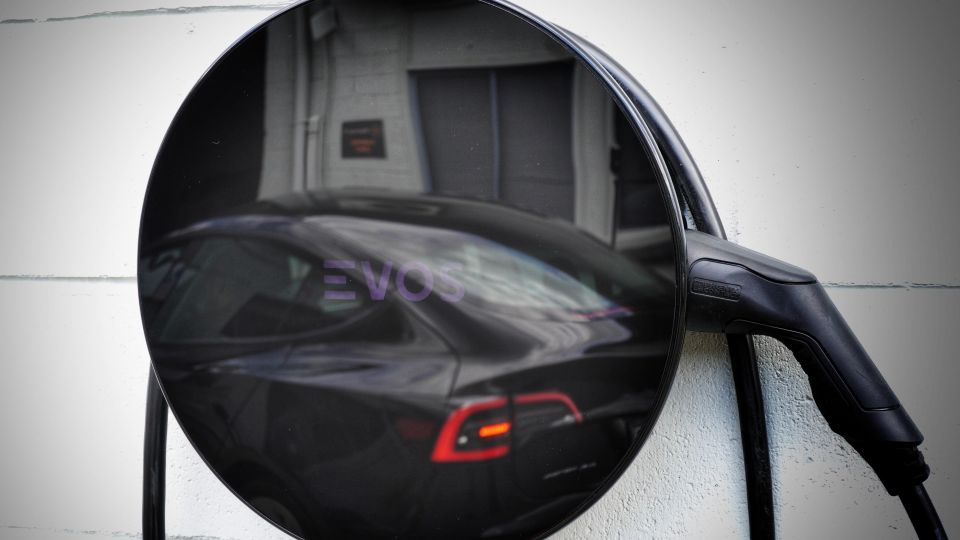

News Editor
There’s another Brisbane-based electric vehicle charger manufacturer with global aspirations.
While Tritium specialises in DC charging, EVOS – which was founded by and employs numerous ex-Tritium employees – is focusing on AC charging.
It has revealed its FleetHome22 AC Charger, developed and manufactured here in Australia, which will be available from December.
It can be installed with either single- or three-phase power, and can deliver up to 22kW of power.
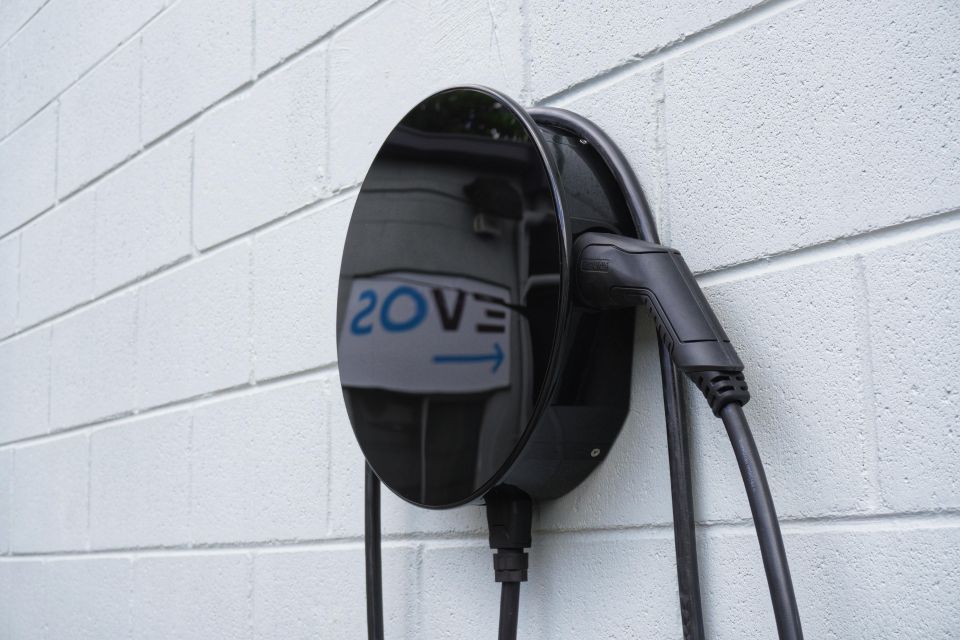
EVOS is touting its energy management software, which identifies the best time at which to charge the vehicle with respect to energy costs and pressure on the grid.
For example, it allows owners to utilise idle time at night – up to 10 hours – or during business hours, and the software can control charge rate, speed and power to help reduce the overall cost of charging the vehicle.
It’s also been designed to be as easy to install and uninstall as possible, with the latter achievable without the use of a technician.
EVOS says its charger can charge all electric vehicles, and features 4G, Wi-Fi and Bluetooth ethernet connectivity, plus a proximity sensor.
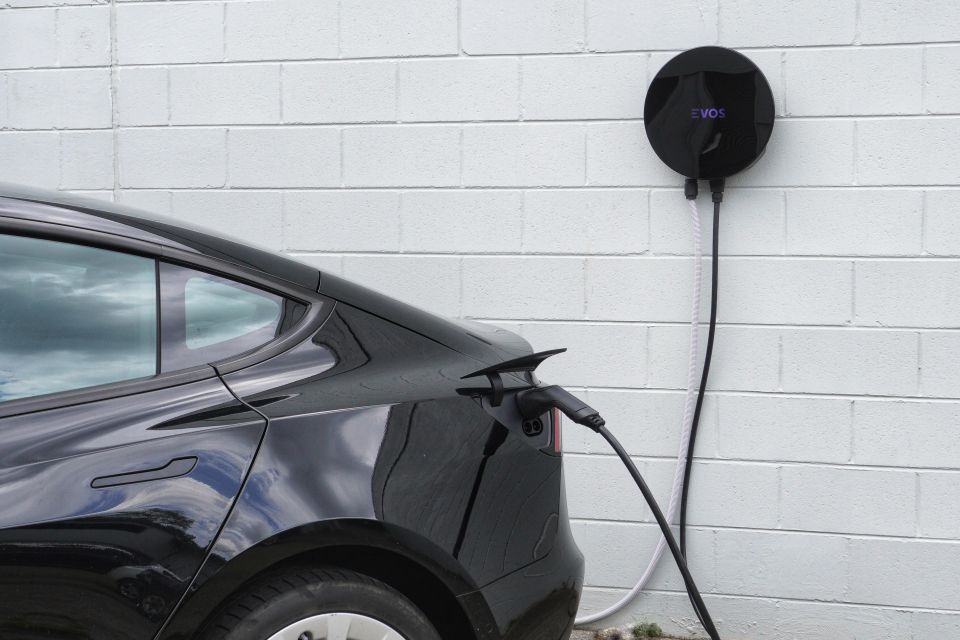
The company has developed what it calls Smart Start technology, which negates the need for RFID cards or smartphone apps and only allows authorised vehicles to use your charger.
EVOS is focusing on business-to-business (B2B) sales at the moment, with the charger set to be available through Ampol.
Strata companies can purchase it for their properties via energy provider LPE.
The charger features a custom-designed, impact-resistant and UV-stabilised ABS plastic enclosure that’s IP65-rated, i.e. dust tight and protected against water projected from a nozzle.
The colour of the EVOS logo communicates the charge status to you.
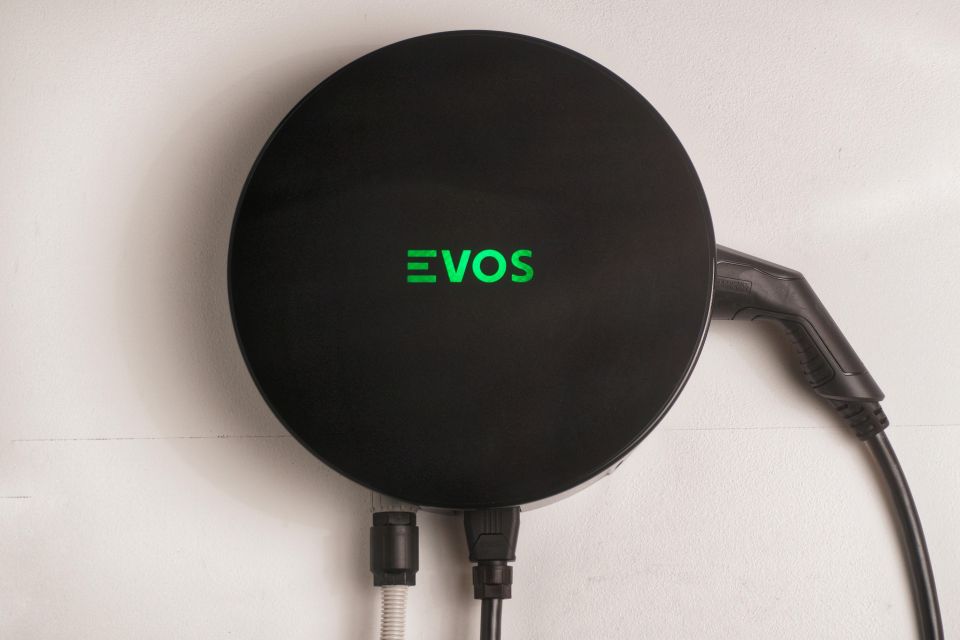
EVOS says the charger will be certified to the latest Australian and international standards, and says there’s been interest from companies in other markets, including in Asia.
“Our vision is to be a global EV energy management company,” said CEO Marcelo Salgado.
“We believe that to accelerate the uptake of EVs, we need to maximise the benefits of EVs. And the best way to do that is to manage energy cost.
“So we are not an EV charger manufacturer, we’re an energy company.”
Mr Salgado said range anxiety and EV vehicle and battery cost aren’t the biggest problems for EV uptake, as he believes the market is sorting those out already. Rather, energy can be the most significant hurdle.
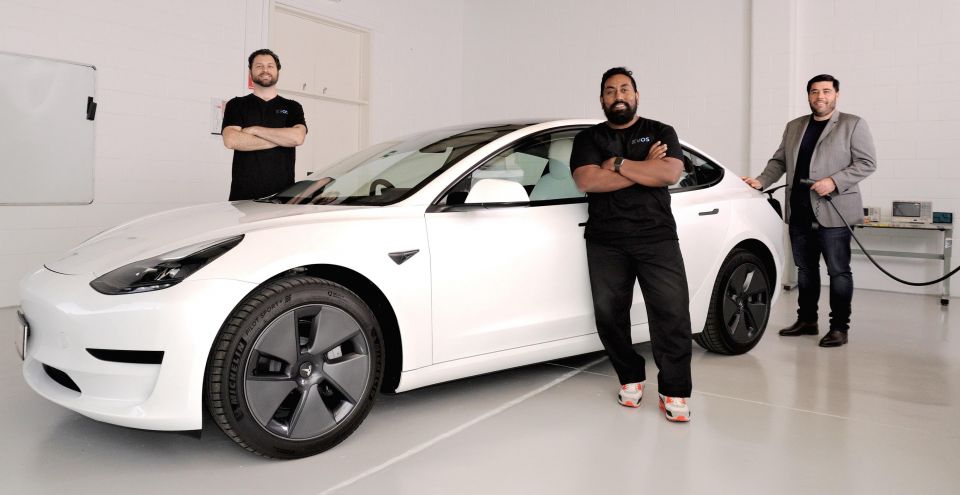
His company’s charger has been designed to make managing the charging of a fleet of EVs “effortless”.
“Electric fleets will need more than just hardware that charge their new electric vehicles,” he said.
“EV fleet owners will need to negotiate power purchases, manage peak electricity loads, report on emissions savings, install electrical equipment, find capital to fund EV chargers, sign up to third party charger management software and find ways to reduce operating cost not currently known to them.
“Our mission is to make managing EV fleet charging effortless for businesses.”
EVOS announced earlier this year it received $1.7 million in seed funding.
This came from Autostrada – which will produce EVOS’s AC car chargers in Brisbane through its solar-powered Circuit Solutions manufacturing arm – and an anonymous “premium ASX 100 listed company”.
Ampol is one of EVOS’ investors.
William Stopford is an automotive journalist with a passion for mainstream cars, automotive history and overseas auto markets.


CarExpert.com.au
8 Hours Ago
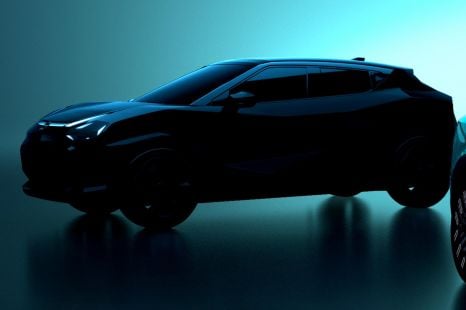

Damion Smy
22 Hours Ago
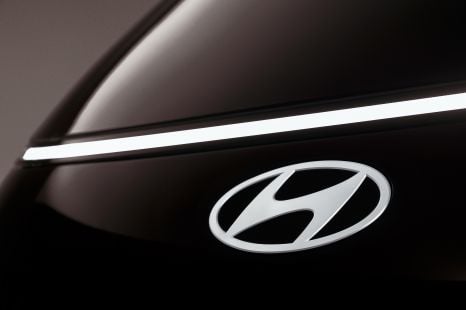

Damion Smy
1 Day Ago
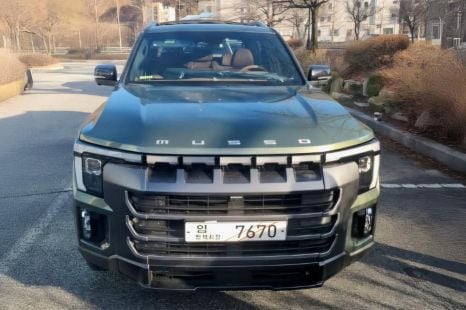

Damion Smy
1 Day Ago
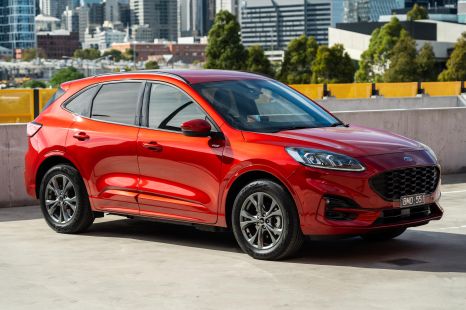

Damion Smy
1 Day Ago
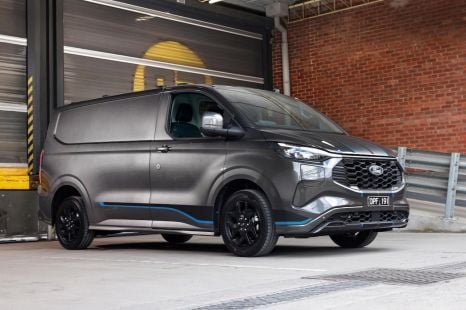

Damion Smy
1 Day Ago